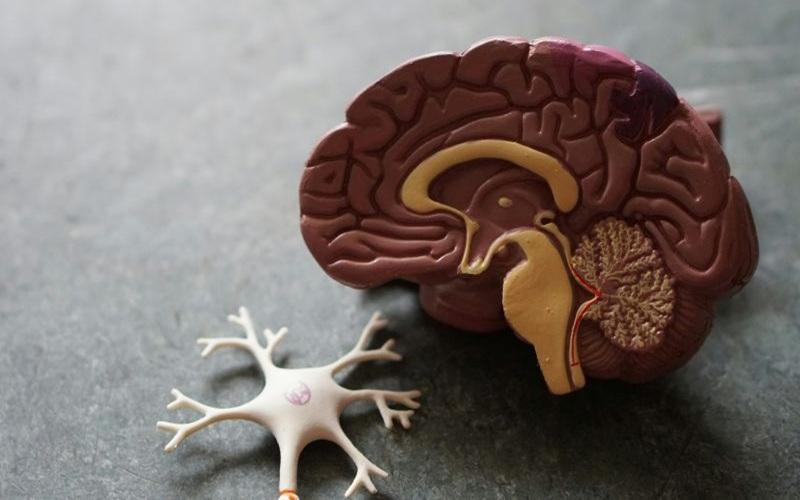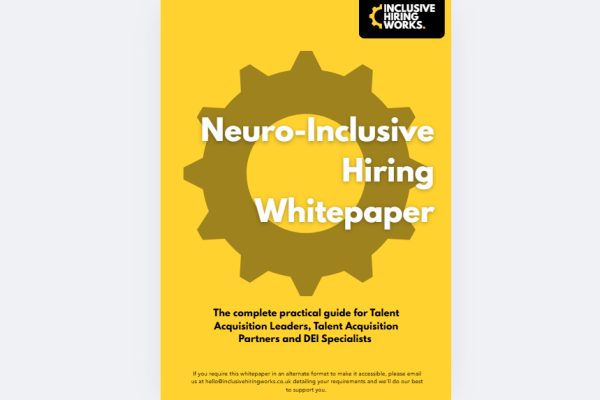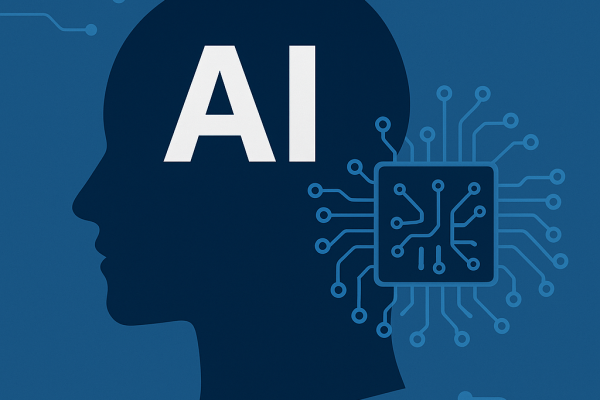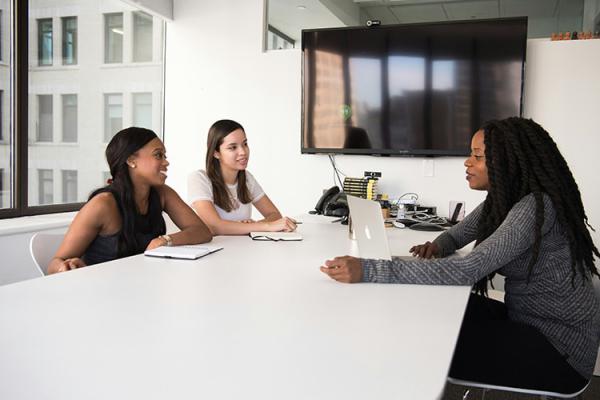6 Ways to Minimise Unconscious Bias
We all want to believe we’re making fair and objective decisions. But unconscious bias has a way of sneaking in - just as the name suggests. The good news? With the right awareness and practical steps, we can reduce the impact of bias and create a fairer experience for everyone.

6 Ways to Minimise Unconscious Bias
We all want to believe we’re making fair and objective decisions. But unconscious bias has a way of sneaking in - just as the name suggests. These mental shortcuts help our brains process information quickly, but they can also distort how we assess people, especially in the workplace. From hiring decisions to team dynamics and career progression, bias can quietly influence outcomes without us even realising it.
In fact, a recent BrightTalk study revealed that 79% of HR professionals acknowledge that unconscious bias plays a role in hiring and promotion decisions in their organisation.
The good news? With the right awareness and practical steps, we can reduce the impact of bias and create a fairer experience for everyone. Here are six ways to get started:
1. Educate Yourself and Your Team
Minimising bias starts with recognising it. Provide regular training, share practical resources, and open up space for honest conversation. Awareness is important - but real impact comes from applying what we learn. Look for training that goes beyond theory and equips people with tools they can use in day-to-day decisions.
2. Structure Your Hiring Process
Unstructured interviews and unclear criteria leave too much room for bias to creep in. Create consistency with standardised interview questions and clear scoring guidance. Tools like anonymised applications - where names, ages or educational institutions are removed - can also help reduce the influence of snap judgments and stereotypes.
3. Slow Down Your Decisions
That gut feeling you get about someone? It might be bias in disguise. When you notice yourself leaning on intuition, pause and ask: What’s the evidence behind this decision? Simply slowing down - especially with high-stakes decisions - can create the space you need to spot and challenge assumptions. You may even consider formalising this with a rule that hiring decisions require 24 hours consideration after final interview.
4. Involve Diverse Decision Makers
Diverse decision-makers bring varied perspectives and life experience, helping to reduce the influence of individual biases. Research by Cloverpop found that diverse teams make better business decisions up to 87% of the time compared to individuals . By including people of different backgrounds in decision-making processes, organisations can enhance objectivity and fairness.
5. Actively Broaden Your Mind
One of the most effective ways to challenge bias is to expand your worldview. Seek out perspectives beyond your usual circles - read books by authors from different backgrounds, follow voices on social media with lived experiences different from your own, and watch films or documentaries that explore inequality and identitys. Better yet, consider volunteering with organisations tackling social issues. Immersing yourself in others’ realities can shift assumptions and build empathy, making it easier to spot and counter bias in everyday decisions.
6. Use Data to Spot Patterns
Data is a powerful tool in uncovering hidden bias. Gather and analyse diversity data across each stage of your hiring process - from applications and interviews to offers and onboarding. Look for patterns: Are certain groups dropping out at specific stages? Are shortlists lacking representation? Don’t stop at numbers - dig into the ‘why’ behind the data. By identifying and addressing root causes, you can remove unseen systemic barriers and make informed changes that reduce unconscious bias.
Unconscious bias is a normal part of being human and we must accept this in ourselves. However, it doesn’t have to define how we work. With curiosity, intention, and a commitment to equity, we can all take steps to ensure our decisions are guided by fairness, not assumptions.
At Inclusive Hiring Works, we’re here to support you on that journey. We provide:
- Inclusive Hiring Health Checks – Comprehensive audits of hiring processes
- Workshops & Training for Talent Acquisition Teams – Practical skills to drive inclusivity
- Inclusive Hiring Training for Hiring Managers – Ensuring equitable hiring decisions
Want to make inclusive hiring the norm in your organisation?
Book your Free Discovery Call to learn how we can support your business!
Share this post:
Related Posts

Is your hiring process neuroinclusive? Find out how to make it fairer, smarter and legally safer.

As UK organisations increasingly adopt AI tools for recruitment, from CV screening to interview anal...

Hiring the best talent isn’t just about skills and experience - it’s about ensuring every candidate...


